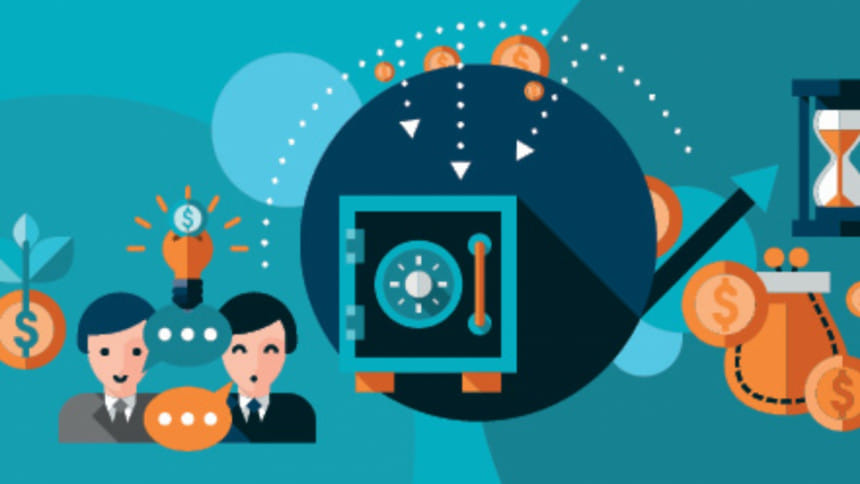How gig economy is reshaping careers

The term "gig" is a slang word that has mainly been used in referring to musicians, which mainly means a job for a specified period of time. Musicians, artists, photographers, etc. were traditionally known as the gig workers. The term "gig economy" has since then changed its applicability as the economy became more digitally and technologically advanced. The gig economy is a free market system where people work with the intention of short-term engagements. Some common gig employees are freelancers, contract workers, and part-time employees.
As the economy is becoming more and more digital, the workforce is becoming more mobile. So with the rise of a flexible workforce, the entrance of millennial generation into the job market and the tendency to shift jobs continuously, the gig economy has evolved into the biggest contemporary trend.
The gig economy became the norm during the financial crises when people faced unemployment or under-employment problems and had to look for other sources of work. The gig economy has now ventured into two major segments. Knowledge-based gigs include jobs such as machine-leaning data scientists and independent management consultants. On the other hand, service based gigs include tradespeople and delivery drivers. Technology and software platforms are driving a sizable portion of the economy which enable the sharing economy. This includes services such as Uber, Pathao, AirBnB, etc. which have become a part of our everyday lifestyle.
The main reason for the rising popularity of the gig economy may be attributed to low risks as the risk moves away from an organisation to the individual. The gig workers don't have real bosses. They work for apps. The ride hailing, delivery and personal errand services are the manifestations of such instances.
This complexity is being led by the "shut in" economy where workers who rarely leave their home offices get most of their work such as as groceries, cleaning, laundry, deliveries, etc. done by gig workers. It is almost poetic that most customers who avail these services are gig workers themselves.
Traditional workplaces are continuously offloading risks to individuals wherever possible. Contract works are growing rapidly as traditional jobs change and emerge with a new appearance. But these changes come with a lot if uncertainties and insecurities. Task-oriented jobs prove that the economy has the possibility to rebuild on hundreds of millions of small businesses which are interconnected with other businesses.
The gig jobs run a wide spectrum of pay scales which are attracting more and more people due to the flexibility, resource benefits and opportunities of having proper work-life balance. Millennials are the ones who are widely credited with disrupting the systems and setting the groundwork for the propagation of gig economy but baby boomers and other generations who are on the edge of retirement are increasingly being drawn to gig works because it brings in the extra income without major time commitment. So it is evident that the gig economy is a part of shifting cultural and business environment.
Nabila Hossain is a senior at IBA, University of Dhaka. Reach her at [email protected].

 For all latest news, follow The Daily Star's Google News channel.
For all latest news, follow The Daily Star's Google News channel. 



Comments